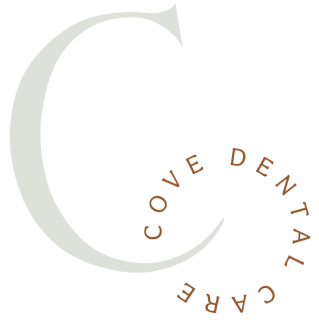Can You Eat Normally with Dental Implants?


Dental implants have revolutionized the field of dentistry, offering a permanent solution for missing teeth that look, feel, and function like natural teeth. One common question among those considering dental implants is whether they can eat normally with implants. The short answer is yes, you can eat normally with dental implants, but there are a few considerations and tips to keep in mind to ensure the longevity and success of your implants.
How Dental Implants Work
Before delving into eating with dental implants, it’s essential to understand how they work. Dental implants are small titanium posts that are surgically inserted into the jawbone to replace missing tooth roots. These posts fuse with the bone through a process called osseointegration, providing a stable foundation for artificial teeth, such as crowns, bridges, or dentures, to be attached securely.
Eating with Dental Implants: Tips for Success
- Healing Period: After the initial implant surgery, there is a healing period during which osseointegration occurs. During this time, it’s important to stick to a soft diet to avoid putting excessive pressure on the implants.
- Gradual Transition: As you recover from the implant surgery, gradually reintroduce harder and chewier foods into your diet. Start with softer foods and gradually progress to firmer textures as your mouth heals.
- Chewing Technique: Unlike natural teeth, dental implants do not have ligaments to cushion the force of chewing. Therefore, it’s important to chew carefully and evenly on both sides of your mouth to avoid putting too much pressure on individual implants.
- Avoid Hard Foods: While dental implants are incredibly durable, they are not indestructible. Avoid biting down on hard foods, such as ice, hard candies, or nuts, which can damage your implants or restorations.
- Regular Maintenance: Maintain good oral hygiene practices, including brushing and flossing regularly and attending regular dental check-ups. Proper oral hygiene can help prevent complications that could affect the longevity of your implants.
FAQs About Eating with Dental Implants
Q: Can I eat sticky foods with dental implants?
A: While sticky foods can be challenging to clean around dental implants, they are generally safe to eat in moderation. Just be sure to clean your mouth thoroughly after eating to prevent plaque buildup.
Q: Can dental implants break if I eat something too hard?
A: Dental implants are designed to be durable and can withstand normal chewing forces. However, biting down on extremely hard objects, such as unpopped popcorn kernels or hard candies, can potentially damage your implants.
Q: Are there any foods I should avoid with dental implants?
A: It’s best to avoid extremely hard or sticky foods that can put excessive pressure on your implants. Additionally, foods that are extremely hot or cold may cause discomfort, especially immediately after implant surgery.
In conclusion, dental implants offer a long-lasting and natural-looking solution for missing teeth, allowing you to eat normally with a few considerations. By following the tips outlined above and maintaining good oral hygiene, you can enjoy your favorite foods without worry. If you have any concerns about eating with dental implants, consult your dentist for personalized advice.
If you’re considering dental implants or have recently had implants placed, schedule a consultation with your dentist to discuss any questions or concerns you may have about eating with dental implants. Your dentist can provide personalized advice to ensure your implants continue to function effectively for years to come.

